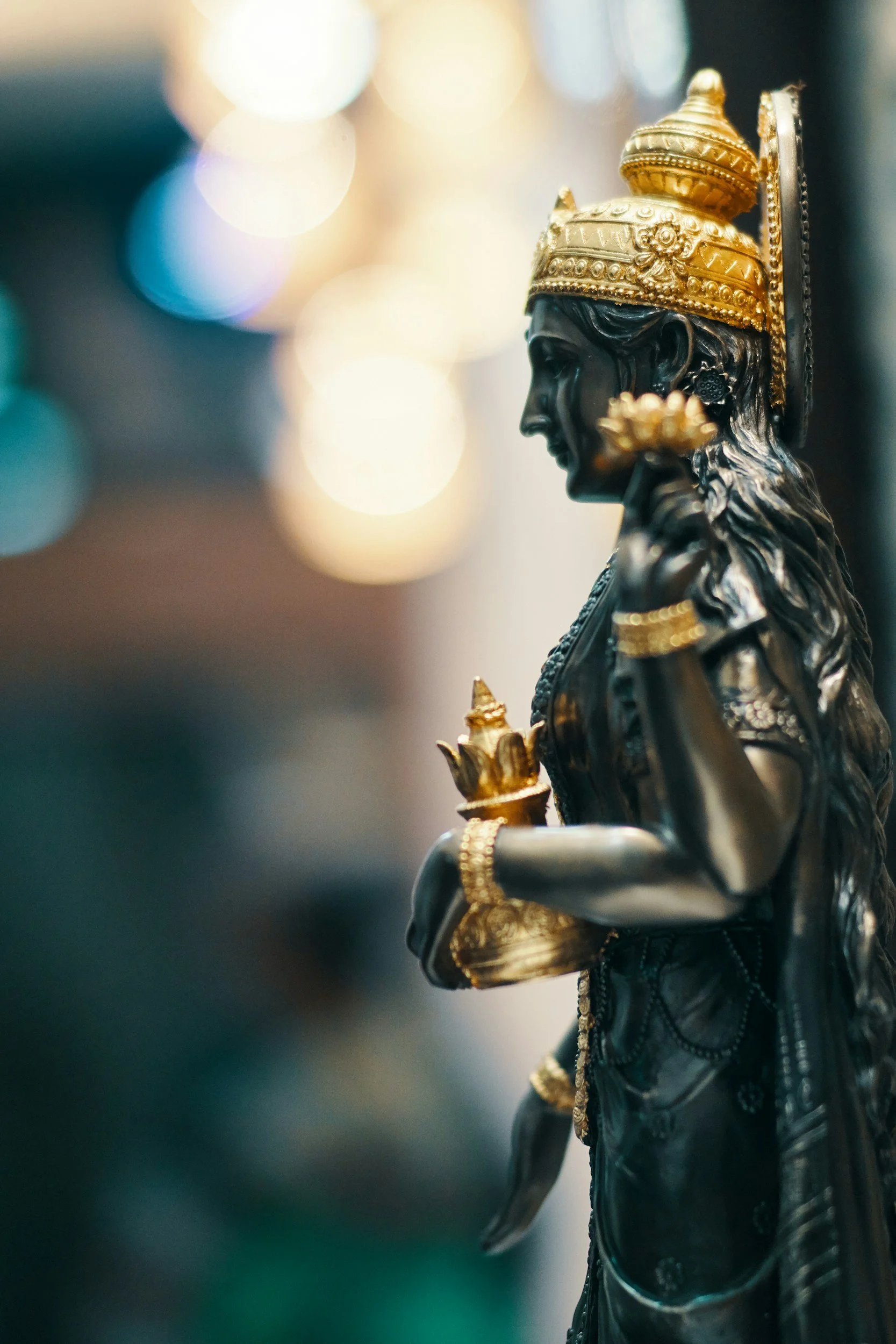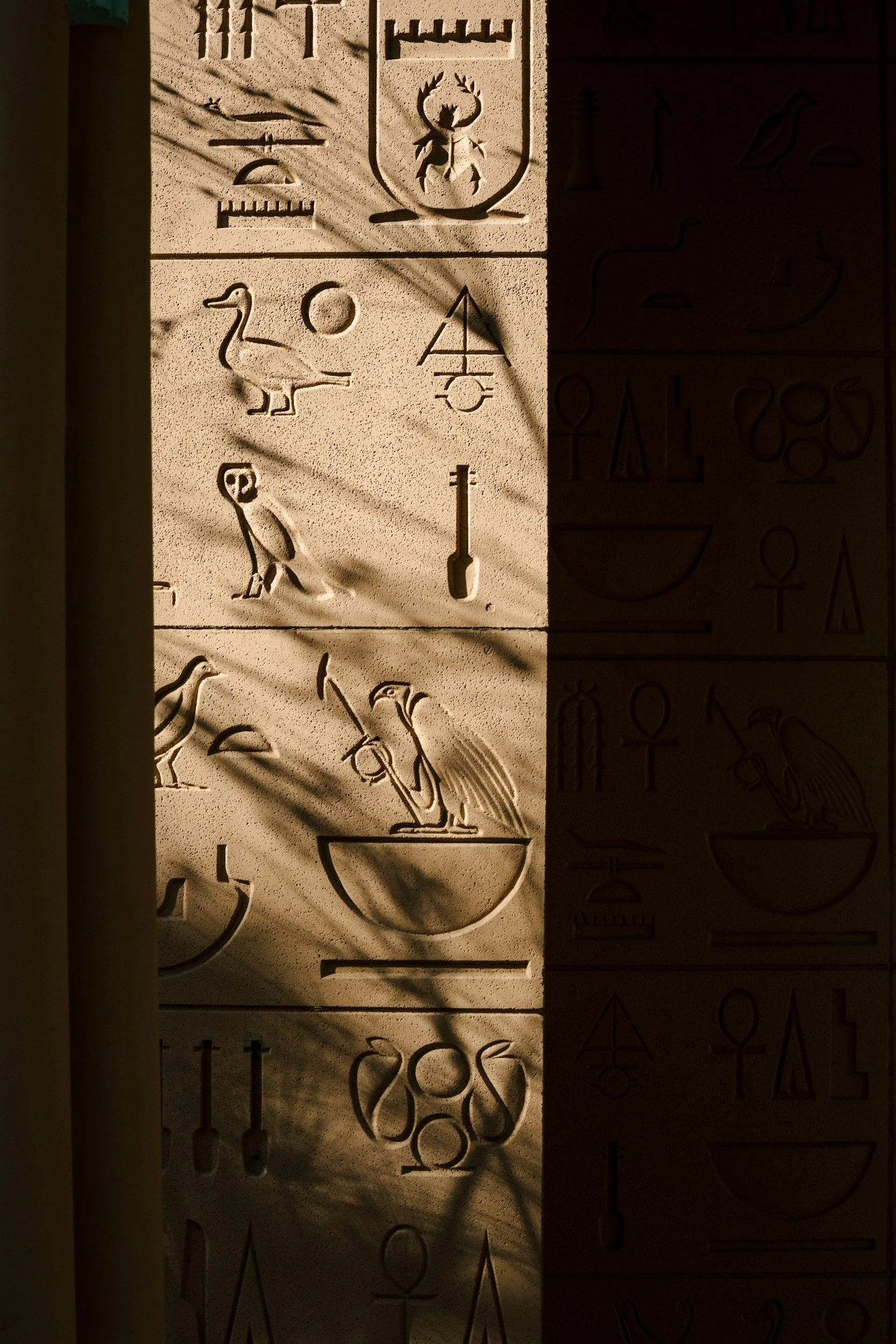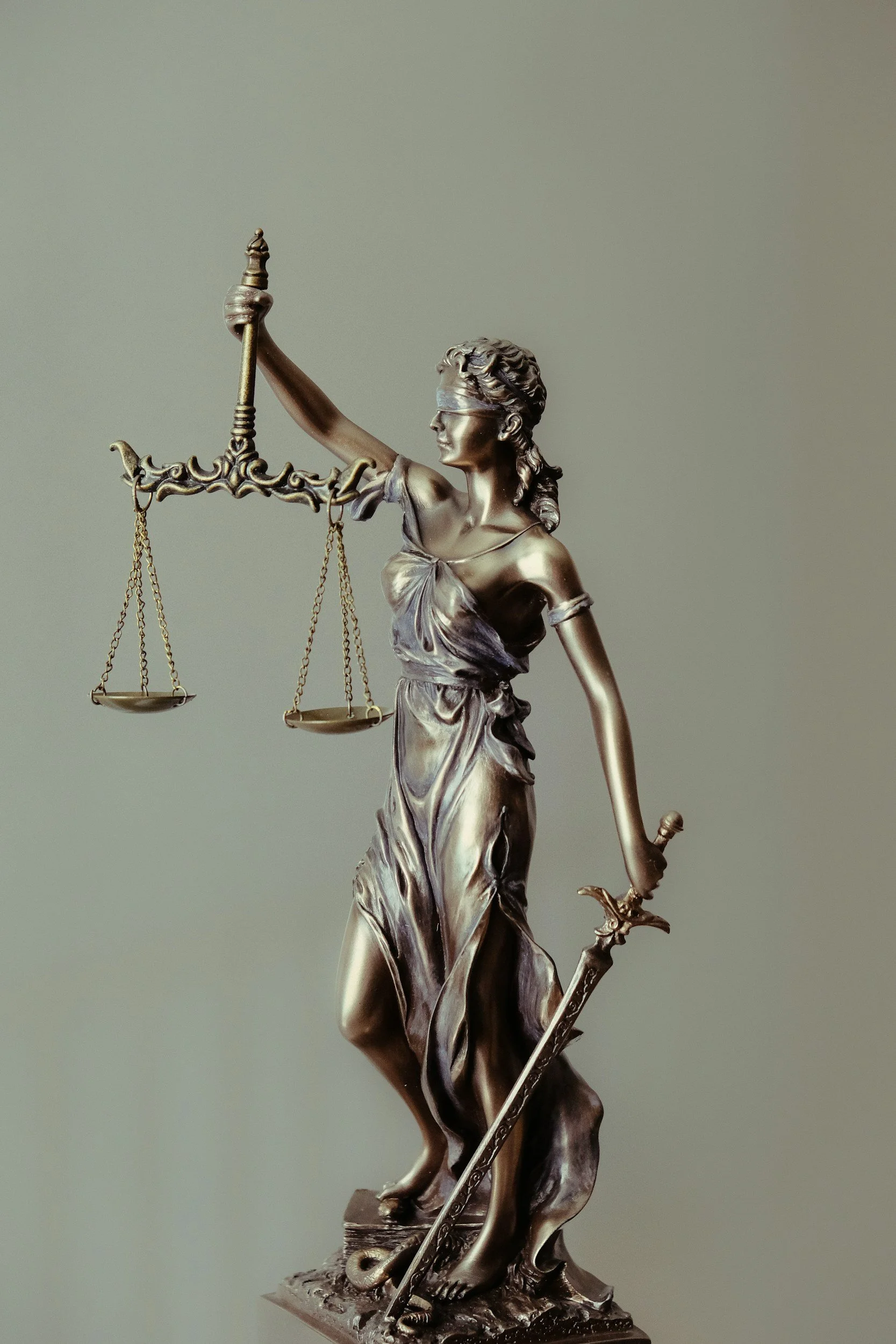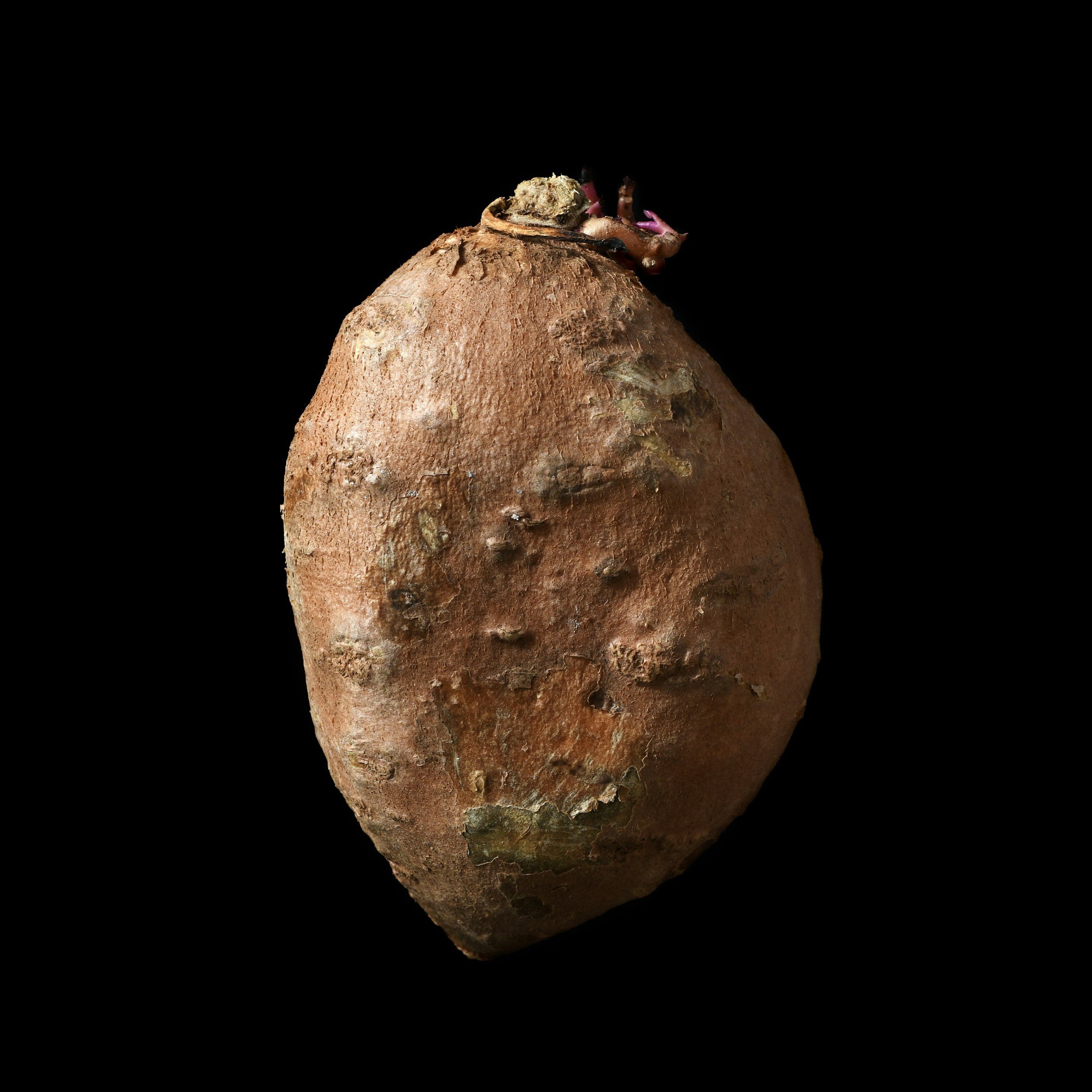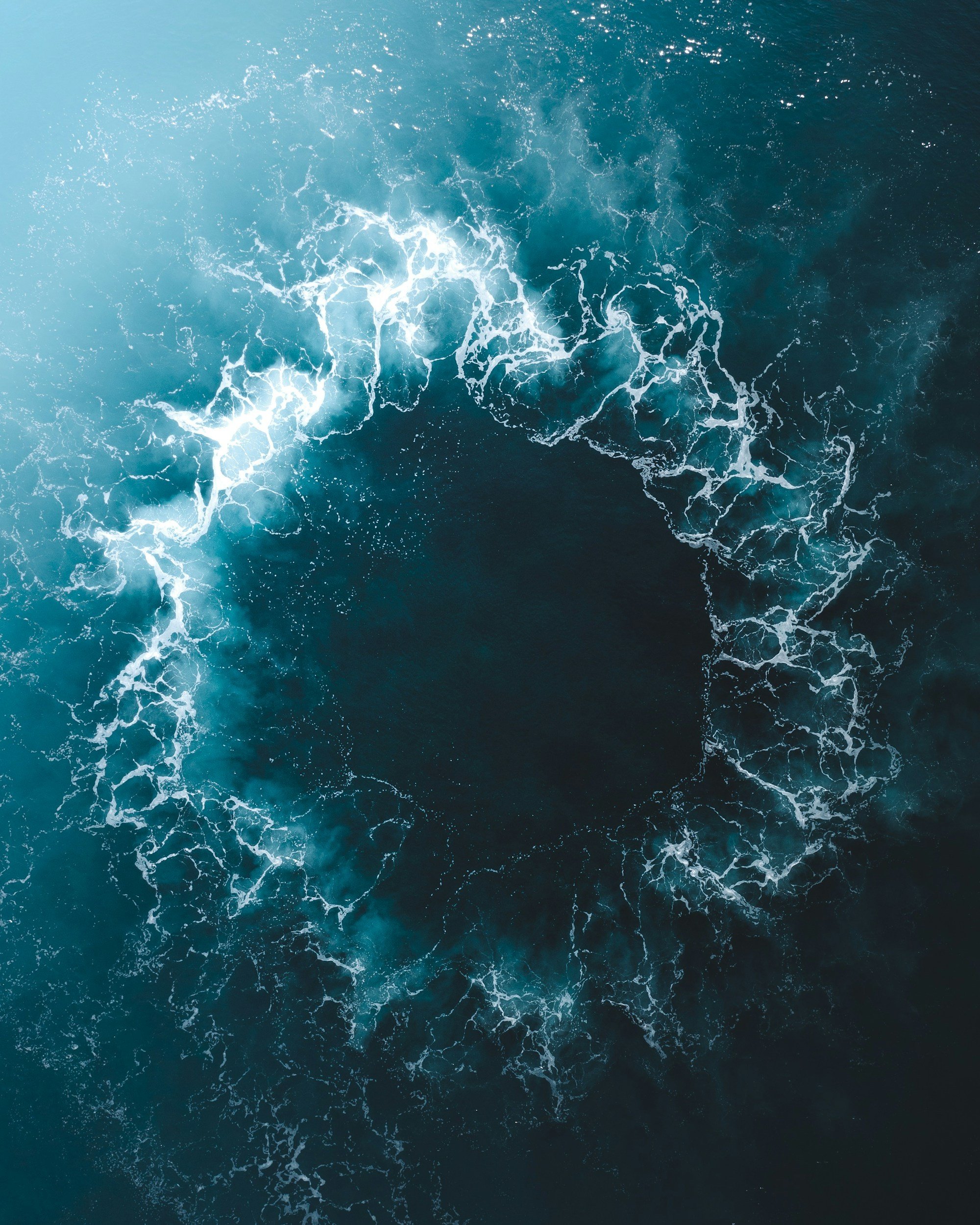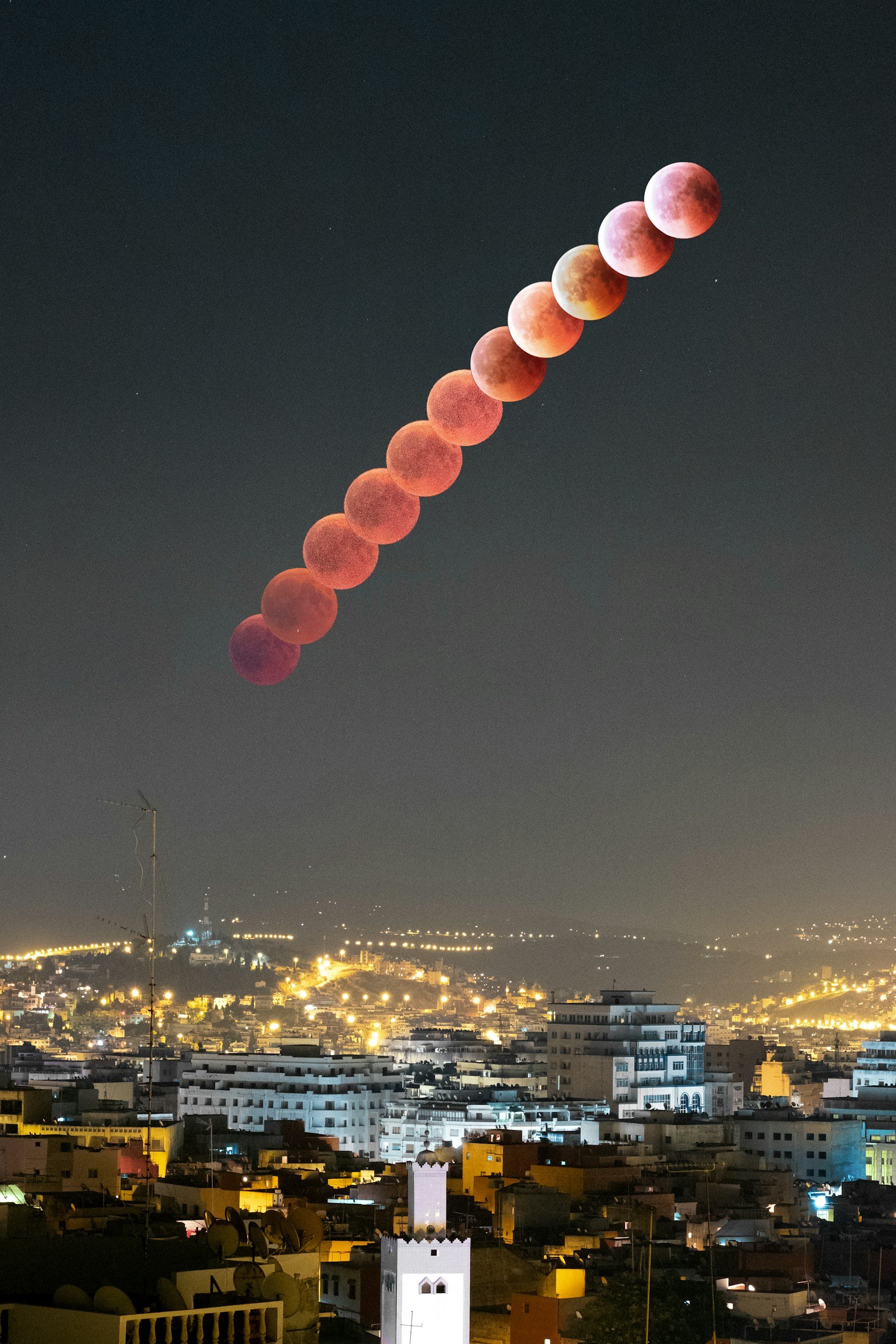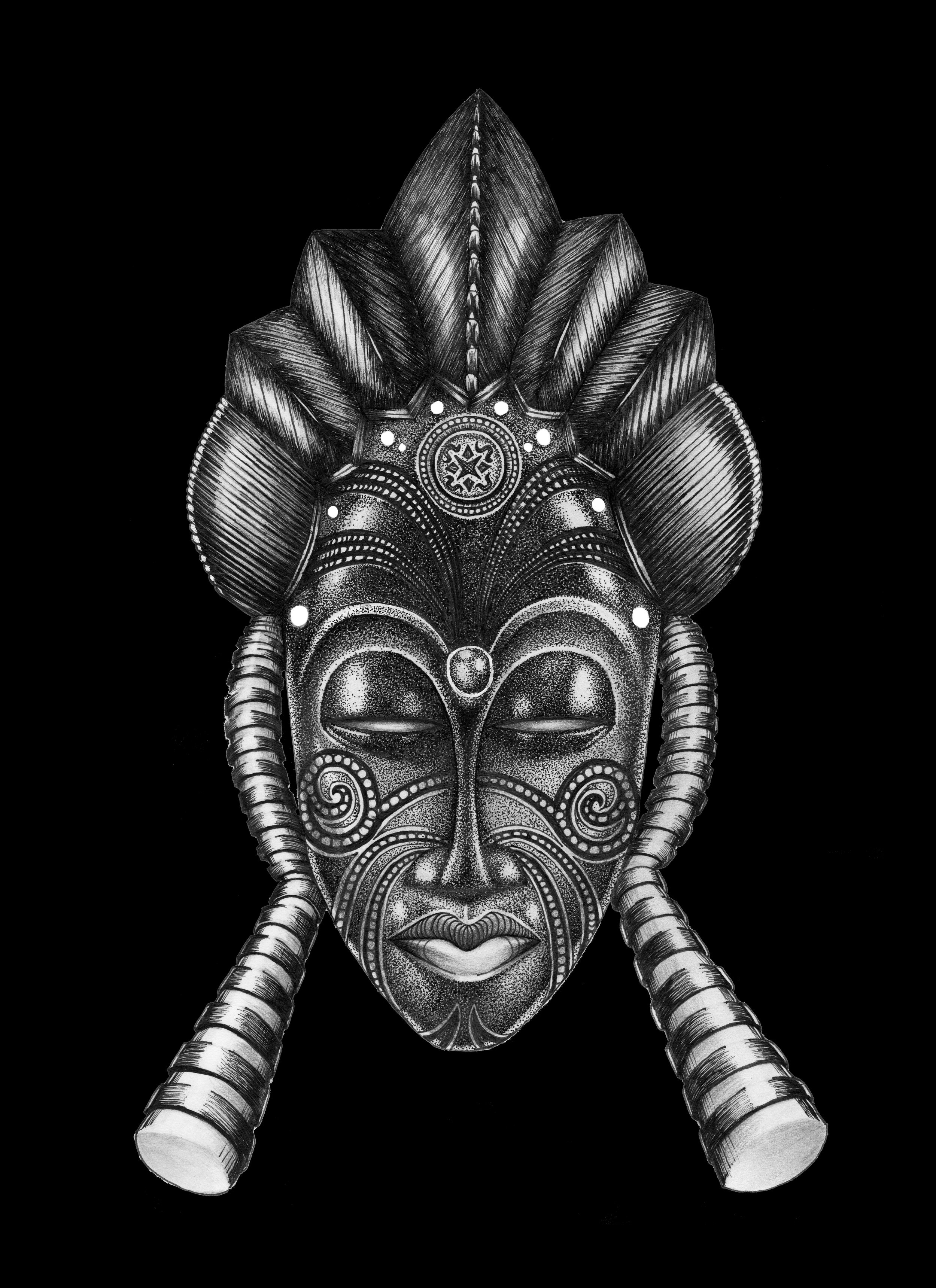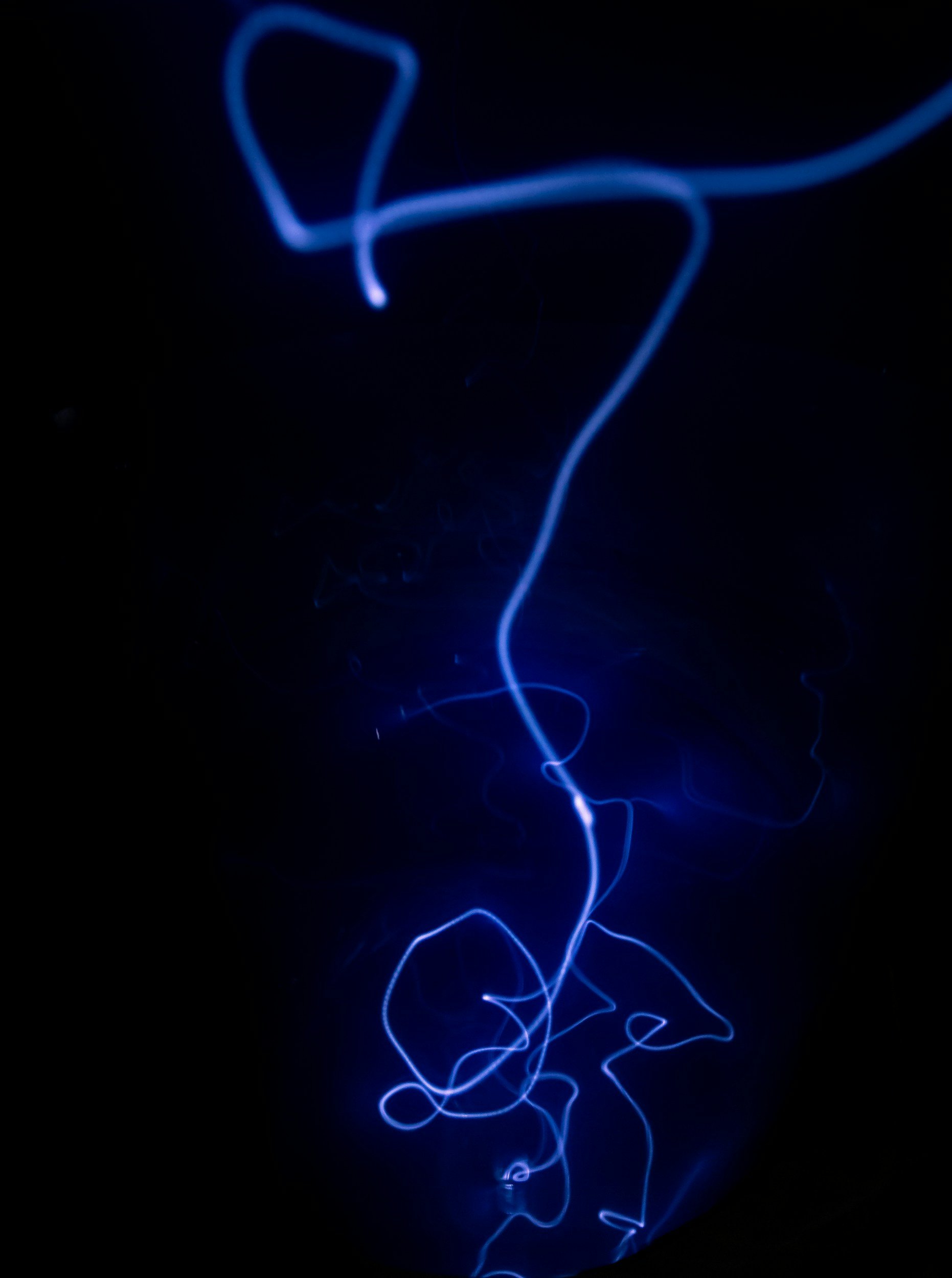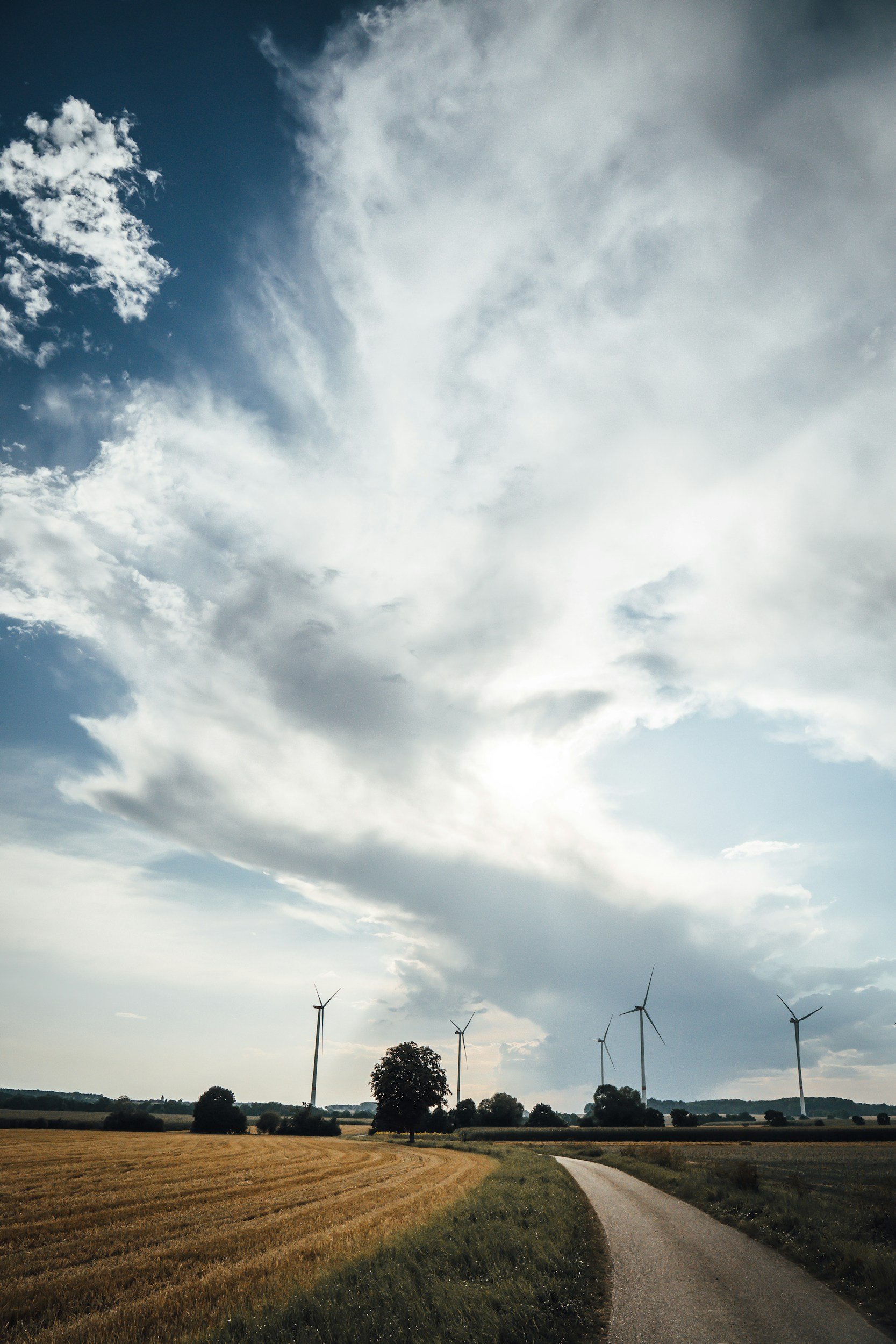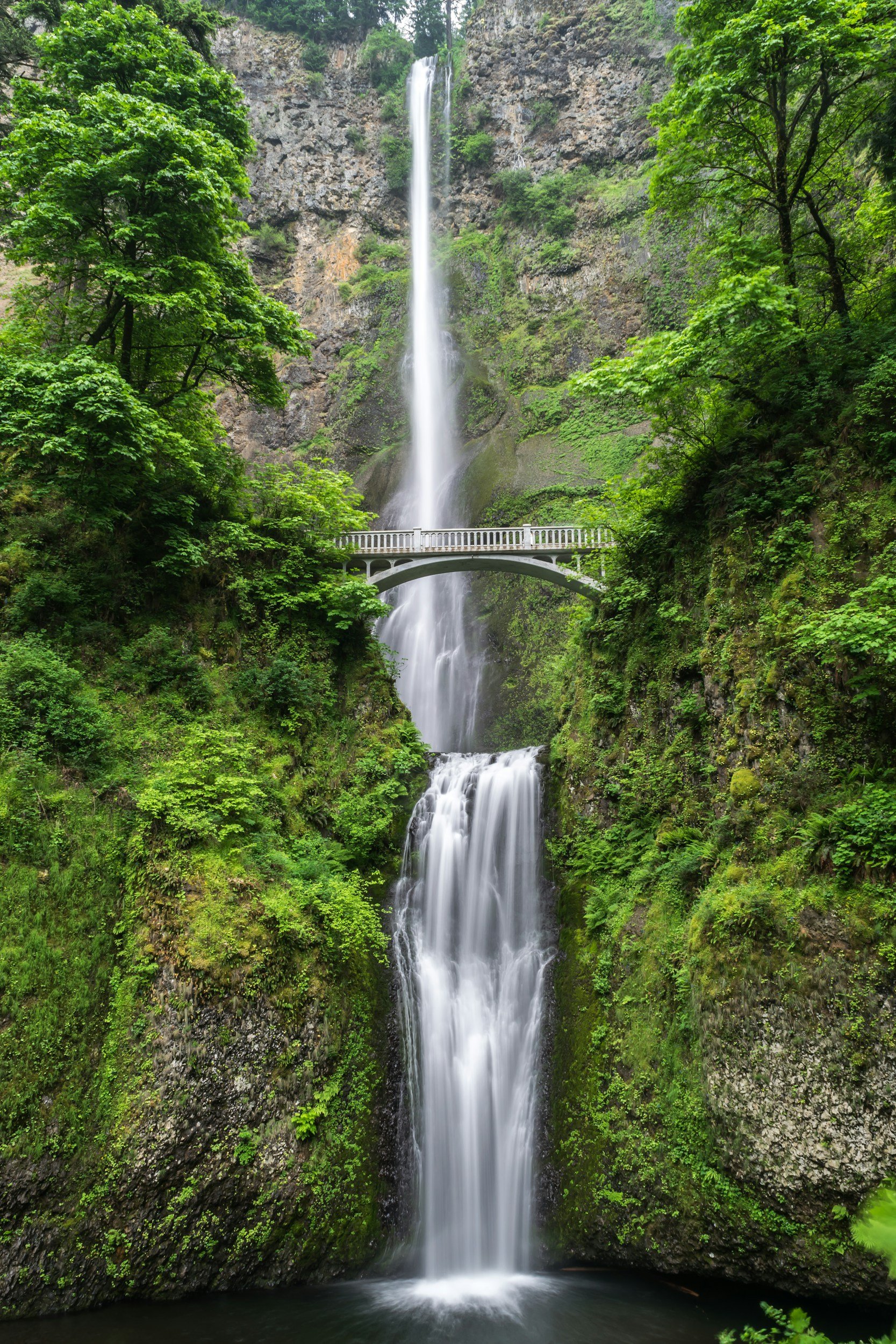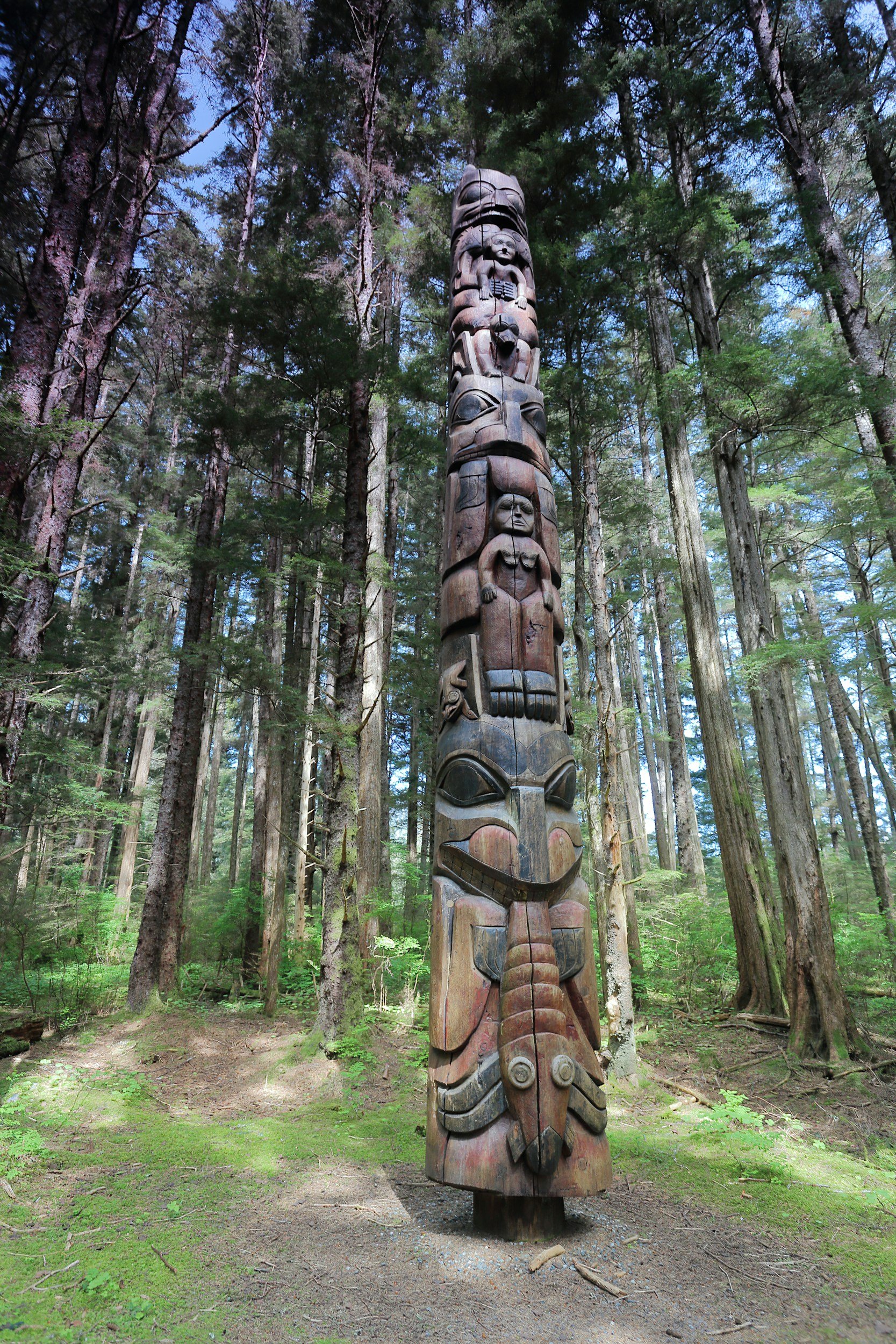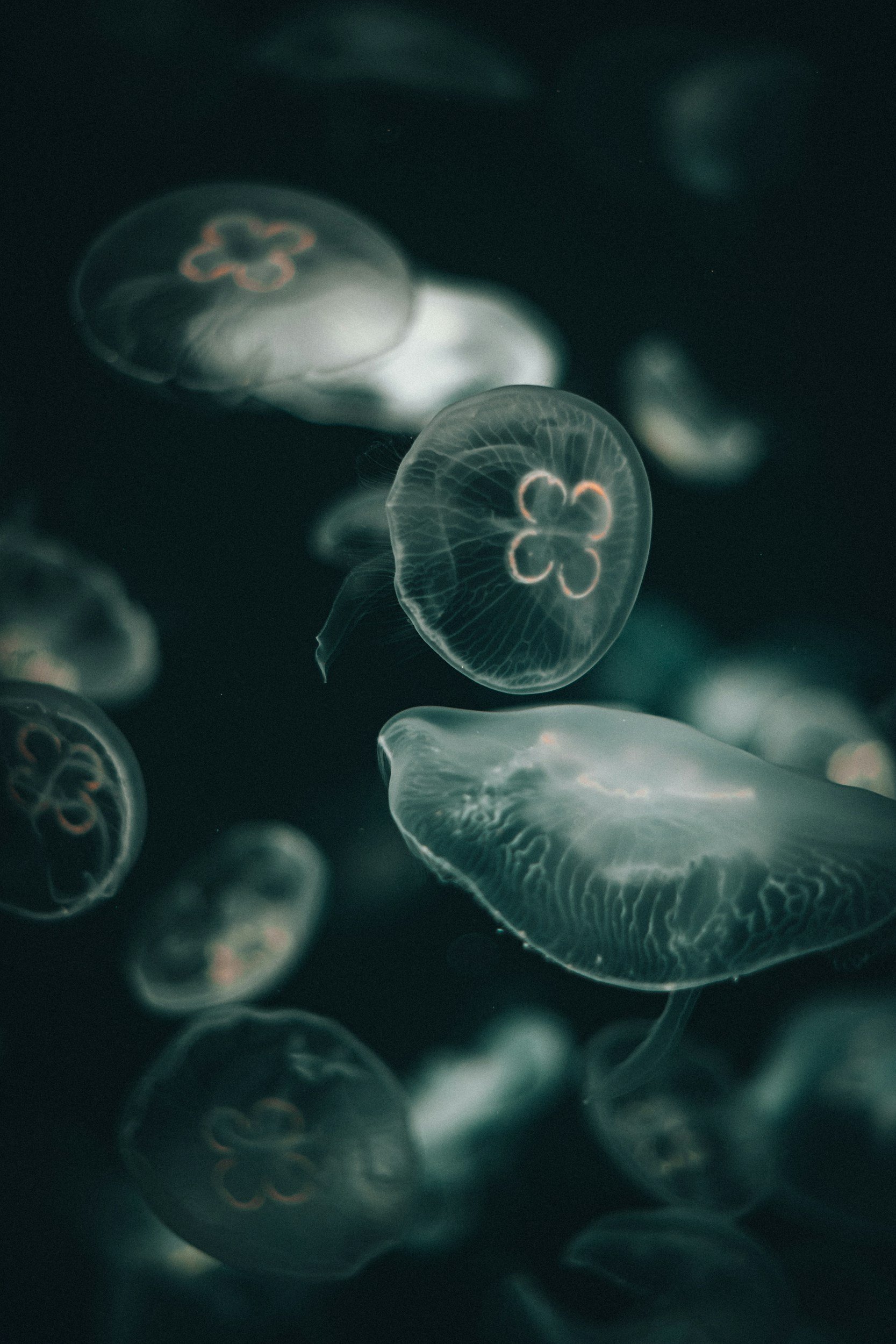Who is Ala (the Igbo Earth Goddess)?
Ala’s Return by Data Oruwari 2019 | 20” x 30" | Ink, Gouache and 24k Gold Leaf on Archival Paper
Alawuala, the revered Earth Goddess of Igbo people, holds a pivotal role in Igbo cosmology and spirituality. As the embodiment of the earth, fertility, and morality, Ala's influence extends across various aspects of life. In this blog post, we will higlight the rich mythological origins, significance, and multifaceted roles of Ala, providing a comprehensive understanding of who she is and why she remains central to Igbo culture.
Ala & Her Mythological Origins
Ala, also known as Ani, or Ana, represents the earth in its entirety, encompassing both the physical and spiritual realms. Her name translates to "land" in Igbo, indicating that she is the earth itself and she embodies its bountiful fertility. Ala is not just the giver of life but also the upholder of law and morality within Igbo society.
Ala is considered one of the oldest primordial deities in Igbo mythology, she’s described as the direct incarnation or material manifestation of Nnechukwu, the supreme creator and force of the universe. Her myths are deeply connected with the cycles of nature, fertility, and the ethical order of the world. As the goddess of fertility, Ala is responsible for the growth of crops, the fertility of the land, and the overall abundance that sustains life itself for everyone.
Ala’s Roles and Significance
1. Fertility and Agriculture:
Mother of Abundance: Ala's most prominent role is as the provider of fertility and abundance. She ensures the fertility of the land, the growth of crops, and the prosperity of her people. Rituals and ceremonies are conducted in her honor to seek her blessings for bountiful harvests.
Guardian of the Earth: As the earth goddess, Ala protects the land and its natural resources. She is invoked to maintain ecological balance and ensure that the land remains fruitful and sustainable.
2. Morality and Law:
Enforcer of Ethical Conduct: Ala is revered as the custodian of morality and ethical conduct. She upholds the societal laws and norms, known as "Omenala" or “Ntoana” which are considered sacred and binding. Any transgressions against these laws are seen as offenses against Ala herself.
Judge of the Deceased: In Igbo cosmology, Ala also plays a crucial role in the afterlife. She judges the souls of the deceased, determining their fate based on their adherence to universal (Odinala) principles during their lifetime. Her role as the judge underscores her position as the ultimate arbiter of justice.
3. Cultural and Spiritual Life:
Central to Rituals and Festivals: Ala is at the heart of many Igbo rituals and festivals. The New Yam Festival, for example, is a significant event dedicated to her amongst others like Ifejioku or Ahia Njoku, celebrating the first harvest and thanking Ala for her blessings. These rituals reinforce the bond between the people and the earth, emphasizing the importance of gratitude and respect for nature.
Sacred Groves and Altars: Many Igbo communities have sacred groves and altars dedicated to Ala, where offerings and prayers are made. These sites are considered holy and are maintained as places of spiritual significance and communal gathering.
4. Symbol of Feminine Power:
Divine Feminine Essence: Ala represents and embodies the divine feminine energy, representing nurturing, creation, and the cyclical nature of life. Her strength and authority highlight the importance of women and the feminine principle within Igbo culture, in this regard she is Nne Okpu.
Ala in Contemporary Igbo Society
In modern times, Ala's significance continues to be felt. Despite the influence of foreign religions and modernization, many Igbo people still honor Ala through traditional practices and rituals. This reverence for Ala reinforces the importance of environmental stewardship, ethical conduct, and community cohesion. Ala is seen as the source of all life and the sustainer of creation.
To Sum It Up
Ala, the Igbo Earth Goddess, stands as a powerful symbol of fertility, morality, and feminine strength. Her multifaceted roles encompass the nurturing of the land, the enforcement of ethical conduct, and the upholding of societal laws. As a central figure in Igbo cosmology, Ala's influence permeates various aspects of life, reflecting the deep connection between Igbo people and the earth. Her enduring legacy continues to inspire reverence for nature and the values of justice and integrity, ensuring that her spirit remains a guiding force in the lives of her devotees.
Tell us what you know about Ala in the comment section below.
Yagazie!
Recommended Resources:
Oma and Ala are Twin Sistars | Ugo Nwamama (Article)
Ala Arushi of the Earth - Igbo Mythology (Nso, Igbo law, reincarnation, afterlife) | Medicine Shell (YouTube)
Ala, the Earth Goddess in Igbo Mythology | Igbo Archives (Article)

